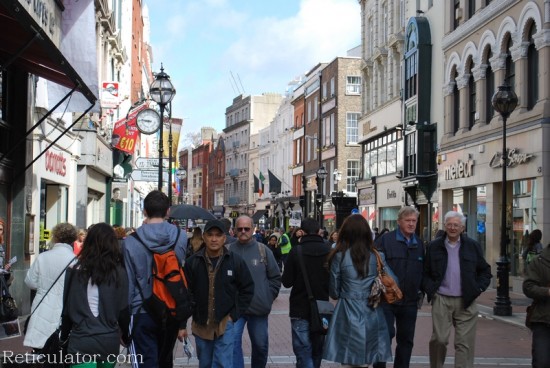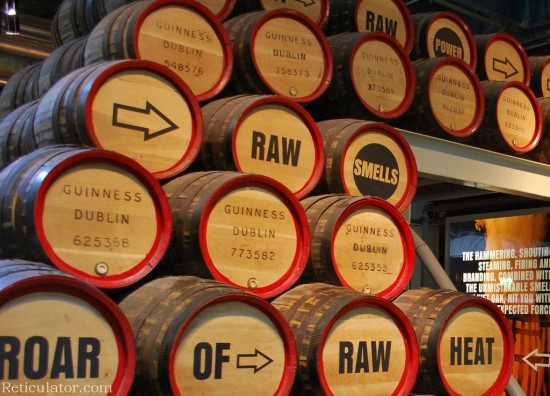In the above exchange on twitter a leftist who claimed to be a liberal did a very unliberal thing: blocked me and reported me for spam. Another leftist cheered her on.
So I’ve decided to provide some rules of etiquette for other conservatives who find themselves in the presence of members of the #uppers class and don’t want to be blocked or reported for spam. (#uppers seems to be some sort of leftwing hash tag. I couldn’t have picked a better term for them myself.)
- Don’t speak unless spoken to. Don’t tweet unless first twooten to.
- A curtsy or bow is appreciated, but not necessary except in a metaphorical sense.
- Don’t contradict your betters. Contradicting is a privilege reserved for the ruling (#uppers) class, such as when they contradict themselves.
- Don’t use information that has not been approved by “fact checkers”.
- Treat all utterances of the administration or DNC as true. Treat all utterances of Republicans as lies unless “fact-checked” to be true.
- Be alert and respond quickly. On Monday a president may be faulted for not taking action to prevent an attack by violent Islamists. On Tuesday excuses may need to be made for a president not preventing an attack. If you’re too slow to adjust you should just quietly remove yourself from the presence of #uppers and keep silent.
- Do not speak rudely or harshly to #uppers. Conservatives are used to having abuse directed at them in school, on television, in the workplace, etc, and handle it like water off a duck’s back. But most #uppers have had no such experience, and cannot be expected to respond well when they encounter someone who doesn’t approve of their views. Be sensitive. (It helps to keep in mind the story of the Princess and the Pea.)
- If you encounter #uppers who have liberal tendencies, tread carefully. It’s not a likely occurrence, but you should be prepared anyway. Liberalism (in any meaningful sense of the term) is not allowed on the left. It was different 30 years ago, but sometimes there is a trace of it that hasn’t been eradicated. An example is Oliver Willis of Media Matters who occasionally has a thought of his own, and for whom not everything is political. I had for some time been suggesting to him that he might find the conservative side more congenial. But I went too far when I suggested that on the conservative side he wouldn’t have to go whimpering after shoutouts from Rachel Maddows. I got blocked. I presume the problem is that a leftwinger will lose caste if it is learned that s/he has tendencies to think on his/her own. These rare traces of liberalism should be nurtured by us, and we shouldn’t make life among their peers difficult for these people by pointing them out publicly.
This list does not cover everything, of course. It will be modified and added to as needed.
[Modified Sep 18 2012]




